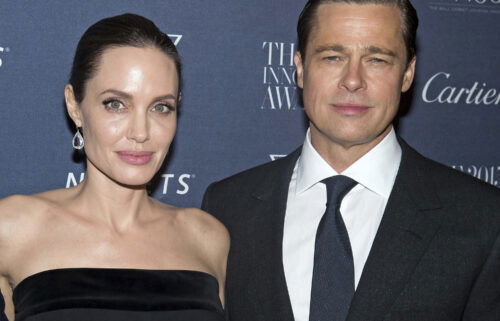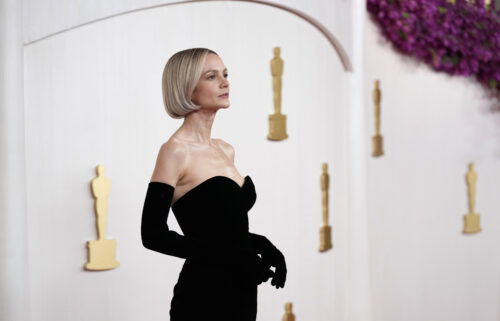Business news in brief
By The Associated Press
Dispute over
origins of Flamin’ Hot Cheetos
winds up in court
A court case could soon settle a spicy dispute: Who invented Flamin’ Hot Cheetos?
A former PepsiCo executive is suing the company, saying it destroyed his career after questioning his claim that he invented the popular flavor of Cheetos snacks.
PepsiCo said Thursday it has no comment on the lawsuit, which was filed July 18 in California Superior Court.
According to his lawsuit, Richard Montañez began working for PepsiCo as a janitor at its Frito-Lay plant in Ranch Cucamonga, California, in 1977. Montañez was the son of a Mexican immigrant and grew up in a migrant labor camp.
Southwest Airlines plans to start assigning seats
DALLAS | Southwest Airlines plans to drop the open-boarding system it has used for more than 50 years and will start assigning passengers to seats, just like all the other big airlines.
The airline said Thursday that preferences have changed over the years and the vast majority of travelers now want to know where they are sitting before they get to the airport.
Southwest’s unusual boarding process started as a fast way to load passengers and limit the time that planes and crews spend sitting idly on the ground, not making money. It helped the airline squeeze a few more flights into the daily schedule.
Southwest also plans to offer redeye flights for the first time.
Union Pacific
profit grows 7%
OMAHA, Neb. | Union Pacific delivered 7% growth in its second-quarter profit even though the number of shipments it hauled remained essentially flat because it was able to continue streamlining its operations.
The Omaha, Nebraska, railroad said Thursday that it earned $1.67 billion, or $2.74 per share, in the quarter. That’s up from last year’s $1.57 billion, or $2.57 per share, before CEO Jim Vena took over after a hedge fund pressured Union Pacific to improve its profitability.
Meta’s Oversight Board: Deepfake policies need update
LONDON | Meta’s policies on non-consensual deepfake images need updating, including wording that’s “not sufficiently clear,” the company’s oversight panel said Thursday in a decision on cases involving AI-generated explicit depictions of two famous women.
The quasi-independent Oversight Board said in one of the cases, the social media giant failed to take down the deepfake intimate image of a famous Indian woman, whom it didn’t identify, until the company’s review board got involved.
—From AP reports


